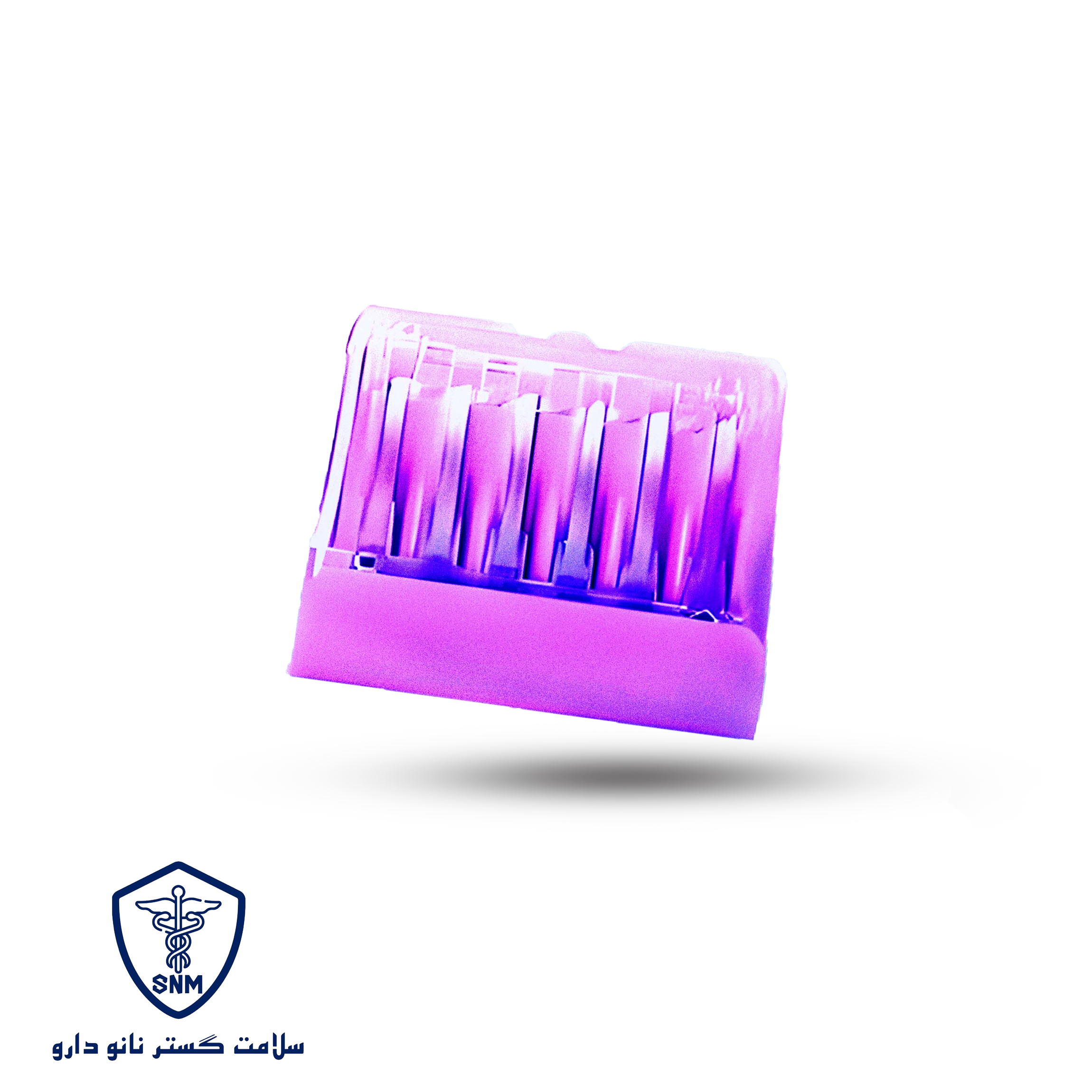Polymer clips are made from non-absorbable polymer materials that remain in the body permanently, fixing on tissues or blood vessels. Their unique design ensures they lock in place after being applied to vessels, preventing slippage or accidental reopening. The polymer used in these clips is biocompatible, and unlike metal clips, it does not interfere with radiological imaging, making it ideal for patients requiring imaging.
Polymer clips are available in various sizes to meet different surgical needs:
Small: Used for narrow vessels and thin tissues.
Medium: Suitable for medium-sized vessels, commonly used in general and laparoscopic surgeries.
Large: Designed for larger vessels and tissues, typically used in more complex surgeries.
The right size selection for each vessel or tissue is critical based on the surgical need and vessel diameter to ensure the clip secures properly and prevents bleeding.
Polymer clips are used in various surgeries, including:
Laparoscopic surgery: Applied for closing small vessels and tissues in minimally invasive surgeries.
General surgery and vascular surgery: Used for procedures like tumor removal or sealing damaged vessels.
Gastrointestinal surgery: Employed for controlling bleeding in the blood vessels of the digestive system.
Thanks to their lightweight and biocompatible properties, polymer clips offer several advantages over metal clips. They are non-absorbable and permanent, making them ideal for surgeries requiring permanent vessel closure. Additionally, since they don’t interfere with imaging devices like MRI and CT scans, they are a better choice for patients needing post-operative imaging.
Polymer clips are effective and safe tools in various surgeries. Their biocompatible, lockable design, and diverse sizing options help surgeons perform procedures with greater precision and safety. These clips play a key role in controlling bleeding and improving surgical outcomes, making them a standard tool in many surgical practices.



Reviews
There are no reviews yet.